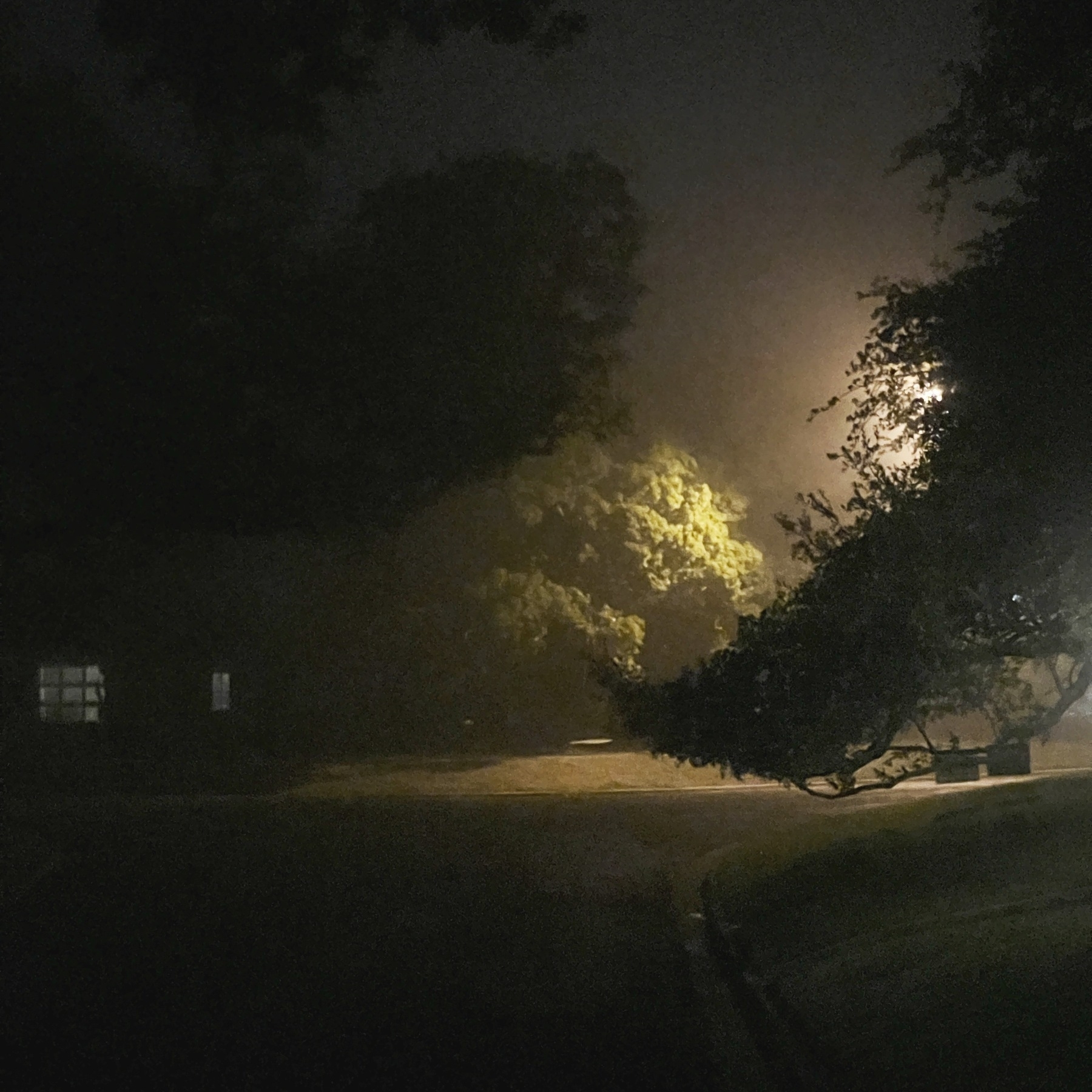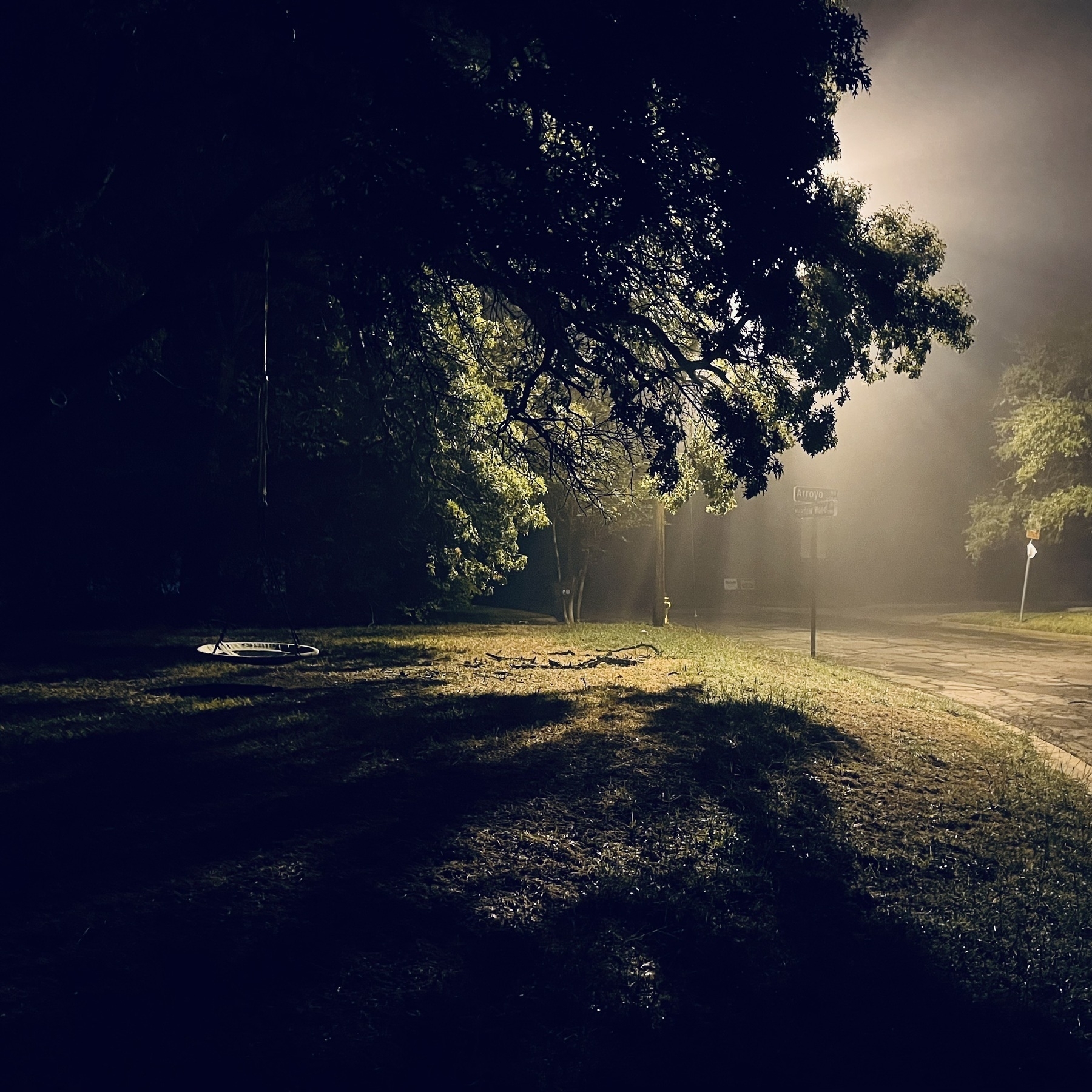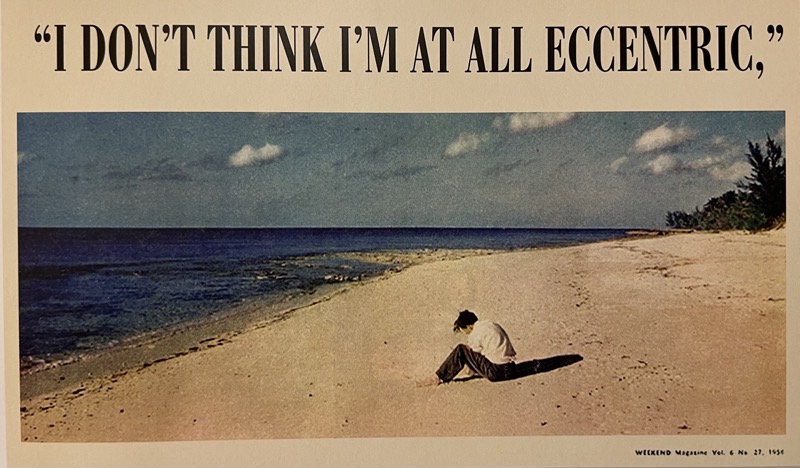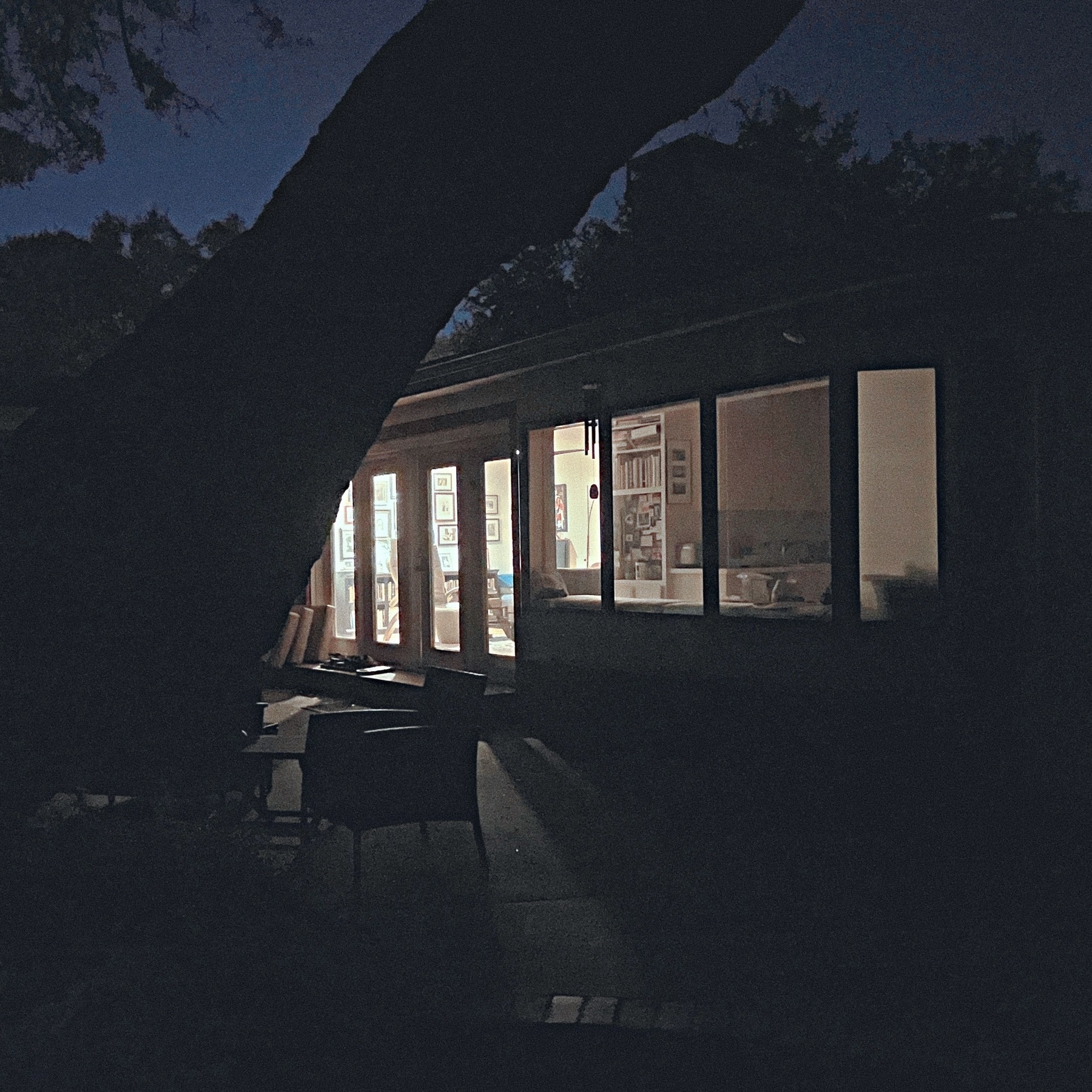From a really helpful essay by my colleague David Corey:
Some people I know worry that genuine friendship is less possible in a pluralist age than in contexts where citizens share a robust conception of the good, or of God. But this is not my view. From experience I have learned that friendship does not require that friends love all the same things, much less that they love the same ultimate things. Friendships based on such common loves of course do exist, and perhaps they are of a higher order than those in which ultimate truths are not shared. But friendship is possible where what is loved is simply the person, not the person’s metaphysics or theology. Pluralism thus need not be the death of friendships that are genuine and deep.
But if pluralism does not render meaningful friendships impossible, the tendency to understand politics as a form of war certainly makes them less likely. That was the claim I supported above by distinguishing between friendship and allyship. The second claim I made was that how one understands friendship can affect how one practices politics. Why would this be so? It is because the experience of genuine friendship, which is not merely an intrinsic good but a peak intrinsic good, cannot help but put politics in its place. Politics today makes great claims about its own importance. Yet politics cannot bring meaning to our lives — not deep meaning at any rate — because it is never more than an instrumental good.
excerpts from my Sent folder: angels
This is from an email conversation with my friend Adam Roberts about a recent post of his. N.B.: We’re in medias res here.
It doesn’t take long to get into intractable difficulties, does it? I don’t know the solution to any of them, of course, but the most obvious one goes something like this, I think:
Though Milton’s God is not always identical with what I would call the Christian God, I do believe he’s in the general vicinity when he says that he made all the rational creatures “Sufficient to have stood, though free to fall.” This suggests that obedience can only be valuable and beautiful when a creature possesses the moral imagination to consider and reject disobedience. You could even say that this is what rational freedom is: the exercise of moral imagination. A creature cannot be virtuous unless it can imagine being vicious.
And imagining sin is not the same as doing it, which is to say that there is some distinction between imagination and will; and that in turn means (as everyone who reflects on these matters ultimately realizes) is it difficult to say when the Fall actually happens, for angels or humans. It’s the crossing of this invisible line from imagining something to willing it. For Milton’s Satan it seems to have happened at the moment that he “thought himself impaired.” (Presumably something very similar happens to all the other rebel angels — if they fell only because they were tempted by Lucifer, then presumably God would extend the same grace to them that he extends to humans.)
So:
- All rational creatures have both the strength to stand and the freedom to fall;
- Their moral imagination allows them to understand what falling might be;
- Satan and the other rebel angels move on their own from imagining to willing disobedience;
- Adam and Eve also make that move, but as a result of external temptation;
- Therefore, God extends grace to Adam and Eve but not to the angels.
I think that’s coherent, if not necessarily convincing; though of course it leaves a thousand other questions unanswered (e.g. Milton gets himself into an enormous amount of trouble, I think, by having Eve so openly chafe against the authority of Adam).
But to pull back from this scene for a moment: The various scenarios you outline in a previous email — your delineation of (a) kinds created (b) numbers created (c) proportions of the Obedient and the Disobedient — confine themselves to this world, and we don’t know whether this world is the only one populated by rational creatures with moral imagination. So CSL imagines a whole solar system of such creatures and suggests that our world is the only fallen one. What if we extend that to the whole galaxy, the whole universe? Setting aside Fermi’s Paradox, this could be an unimaginably vast universe absolutely full of rational creatures praising their Creator and rejoicing in their obedience to Him … while we alone are the broken ones. Earth, then, becomes the cosmic version of the tiny closet in which the one poor child suffers in Omelas.

Currently reading: War and Peace by Leo Tolstoy 📚
Very alien-invasion vibe to the pre-dawn walk in the fog.
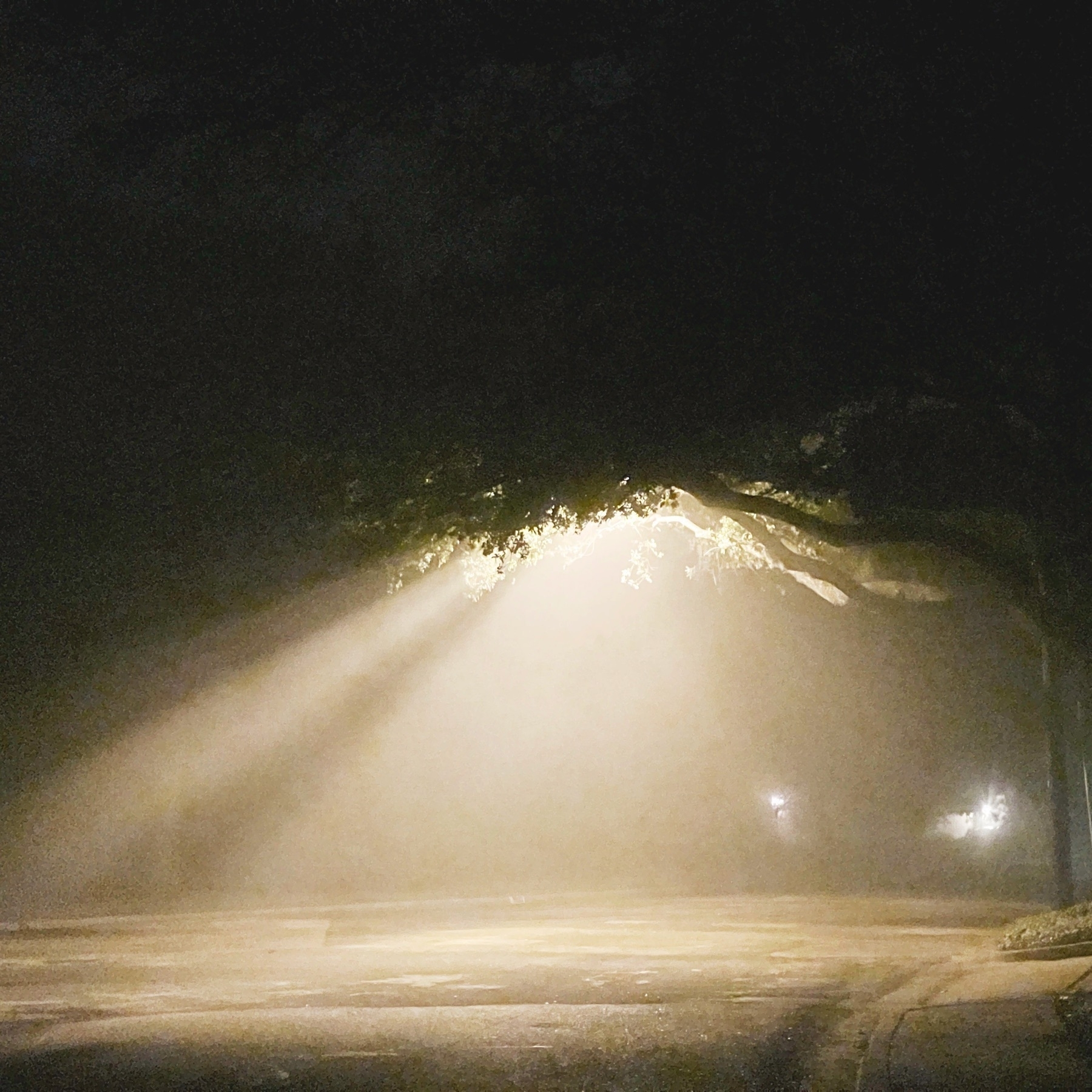
a parable
Almost all of Tolstoy’s early stories were published by a journal called The Contemporary. Some of them focused on the miseries — and also the human dignity — of the serfs, whose emancipation Tolstoy fervently advocated. (Indeed, he freed his own serfs — he was a nobleman and a landowner — some time before universal emancipation was proclaimed by Tsar Alexander.) But The Contemporary fell under the influence of Nikolai Chernyshevsky, who, while praising Tolstoy’s ability, chastised him for being insufficiently devoted to the most radical political positions. Tolstoy, unwilling to alter his writing to conform to Chernyshevsky’s demands for political purity, took his work elsewhere and became, along with his contemporary Dostoevsky, one of the two greatest writers of the nineteenth century. Chernyshevsky, meanwhile, took over The Contemporary and banished all writers who did not conform to his political preferences; after his death, though he was always a clunking and tub-thumping writer, he became a great influence — perhaps the greatest single influence — on V. I. Lenin.
being Russian
A. N. Wilson, from his biography of Tolstoy (1988):
Being Russian, unless you are preternaturally stupid or wicked, produces violent inner tensions and conflicts, reflected in nearly all the great imaginative geniuses to emerge from Russia in the last two centuries. On the one hand, you know that you have been born into a “God-bearing” nation, whose destiny is to keep burning the flame of truth while the other nations languish in decadence. (The truth may be Orthodox Christianity or the creeds of Marxist-Leninism, but the feeling is the same.) You know that the Russians are best at everything from poetry to gymnastics, and that they invented everything: ballet, bicycles, the internal combustion engine. You know that Russia has more soul than any other country — that its birch avenues, its snows, its ice, its summers are all the more glorious than the manifestations of nature in more benighted countries. There is only one drawback, which is that it is completely horrible to live there.
How can it be that the country chosen by God, or by the destiny which moves nations, or by the unseen inevitability of dialectical materialism, should have produced, in each succeeding generation, a political system which made life hell for the majority of inhabitants and which, every so often, threw up tyrants of truly horrifying stature? These are questions which have haunted in particular those few Russians who have ever been in Tolstoy's fortunate position of being able to choose whether to stay in Russia or to take the money and run. Today, we read precisely similar tensions in the utterances and writings of Soviet dissidents, and in particular Alexander Solzhenitsyn, whose hatred of his country's Government seems almost equally balanced by a fervent patriotism, a tragic knowledge that a Russian can only be himself when he is on his native soil.
scale again
Monday November 7 2022 - by Sasha Frere-Jones:
Scale serves wealth. “Scale” is a polite way of saying “love of numbers” and the numbers are there only in the hope that the money will follow them. Very few people stay on Twitter for any length of time without thinking about income. “It is the thing I must do,” the hardcore user thinks, “because this will bring me more of more and that will improve my work situation.” I’ve had 50,000 followers on Twitter and 5,000, at different points and with different accounts. My life was better with 5,000 — the more recent stretch — but I ultimately have no proof that more people read my work or listened to my music in either instance. The exposure metric indicates only that I am being exposed; it does not prove the quality of any event or even correlation, any more than a song being on the radio proves that someone is listening to it carefully or is likely to buy it. If anything good happened, it was probably me goofing with the friends I already have chats with.
Via Austin Kleon. See my School for Scale. And me on eyeballs and audiences. Interesting that so many people are thinking about these things as they’re reconsidering Twitter.
audiences
The Struggle With The Audience:
By 2020, [Sam] Carter was a battle-hardened veteran of the music scene. He’d been making records with this group for twelve years, and Architects had had enough success not to worry too much about negative reactions to new material. It was also quickly apparent that Creatures was going to be a big hit. Despite all this, he found the reaction to hard to deal with: “It was doing huge numbers on the streaming services, but all I could see were these horrible comments.” On YouTube and Instagram, the negative reactions become increasingly extreme as people competed to make the most negative comment. “It’s hard, when you’ve put your heart and soul into something, and someone says, ‘I’m never listening to your band again, you’ve ruined it’.”
Carter then makes a striking assertion. If social media had come along earlier, he says, “Sergeant Pepper wouldn’t exist. The most important records of our time wouldn’t exist.”
This whole essay by Ian Leslie is great, and a useful counterpart to my post the other day about the challenges of chasing eyeballs.
However, there’s another side to the story of artists and their audiences. My buddy Austin Kleon wrote last week,
One reason I feel so lucky to be an independent writer with a great audience: I don’t answer to any shareholders but readers. I don’t have to grow my business if I don’t want to. I can do my thing the way I want to do it for the people who want it. And I can do it the way I want to do it.
I think Austin has this attitude because he has never tried to get famous, to go viral, all that crap; he has tried (a) to do good, honest, useful, helpful work that (b) supports his family. Turns out there’s an audience for that! And Austin can call his audience “great” because he has set a tone — a tone of generosity, kindness, thoughtfulness — and they’ve picked up on that. So maybe the lessons here are:
- Do your best work.
- Be kind and generous to your audience.
- When they want to dictate to you, listen … but then do what you have to do to maintain your integrity and your sanity.
- Accept the consequences as stoically as you can, and be grateful when those consequences are more positive than negative.
See also: this blog’s mission statement.

Currently reading: Tolstoy: A Russian Life by Rosamund Bartlett 📚
the foundering of the therapeutic
A therapeutic church is an atheist church — Brad East:
The more … a congregation becomes therapeutic, in its language, its liturgy, its morals, its common life, the more God recedes from the picture. God becomes secondary, then tertiary, then ornamental, then metaphorical, then finally superfluous. The old-timers keep God on mostly out of muscle memory, but the younger generations know the score. They don’t quit church and stop believing in God because of a lack of catechesis, as if they weren’t listening on Sundays. They were listening all right. The catechesis didn’t fail; it worked, only too well. The twenty- and thirty-somethings were preached right out of the gospel — albeit with the best of intentions and a smile on every minister and usher’s face. They smiled right back, and headed for the exit sign.
Therapeutic churches exchange the Good News they have been entrusted with for a cold pottage of bargain-basement bromides. If churches want to help people in their suffering, that’s wonderful — and there’s a rich 2000-year history of Christian pastoral care to draw on. But when you ignore all that and pick up your therapeutic categories from YouTube, You’re not making Christianity better, you’re just making therapy worse.

Life at the 30th Street Studio of Columbia Records, 1955: Glenn Gould in the morning, Rosemary Clooney in the evening. (And at another studio, an advertisement for Anacin in the afternoon.)
Glenn Gould’s 1955 recording of the Goldberg Variatoons was so popular that he took the Goldbergs on tour, and in 1958 he played them in Lexington, Kentucky to an audience of seven thousand people.
eyeballs
Since so many journalists spend most of their time on Twitter, it’s unsurprising to hear the more addicted among them now saying that other people should stay on Twitter too, Musk or no Musk. One of the most common arguments that I’ve seen goes like this: Twitter, for all its flaws, has made otherwise unheard voices of the marginalized audible, and the rest of us should hang around if only to listen to them. To which I respond:
First: Twitter made the voice of Donald Trump, and still nastier figures, even more audible. If the sound level of Black women goes up by 10db but that of Orange Man goes up 50db, I don’t call that a big win for diversity.
Second: Those marginal voices can be heard in many places other than Twitter, for anyone interested, and in some of their venues (articles in newspapers, essays in magazines, books) they articulate their experiences and their understanding of the world in considerably greater depth than they can on Twitter. If you want to become better informed while avoiding doomscrolling, RSS is ready when you are.
Third: About the attention that those marginalized voices get on Twitter — how good is that for them? On Twitter, too often attention = abuse.
Which leads me to what I think is an important question: Is more visibility always good? Is having more eyeballs on your work invariably better for you than having fewer? People reluctant to leave Twitter seem to believe that whatever you have to say or show needs to be seen by as many people as possible; but I don’t agree. One reason I left Twitter is that I was tired of getting responses from people who were (a) incapable of reading, (b) angrily malicious, or (c) both.
Now, one might reply that I could make any number of adjustments to my Twitter preferences to prevent that sort of thing — but in that case, why be on Twitter at all? It’s specifically designed for the amplification of the cruder emotions, so what’s the point of being there if you prefer to avoid the cruder emotions? Wouldn’t it make more sense go find a place to write that isn’t interested in the cruder emotions?
Because here’s the tradeoff: you can have more eyeballs, but they’ll be Sauron-like eyeballs.

“And into this Tweet he poured his cruelty, his malice, and his will to dominate all life.”
If you leave Twitter for less obvious places, fewer eyeballs will see your work; but if people have to make a bit of an effort to find what you write, they’re far more likely to be intelligent and receptive readers than the average Twitter user.
We all need to stop thinking arithmetically. For good and for ill, the people who make the most significant impact on the world are those who pursue what Milton called “fit audience though few.” Very few people have read Wang Huning’s academic writings, but he directs the ideological program of the Chinese Communist Party. A far more positive example, from Eno: “The first Velvet Underground record sold only 30,000 copies in its first five years. Yet … everyone who bought one of those 30,000 copies started a band.”
Eno brings home the import of his comment in the sentence that follows that extremely famous one I just quoted: “Some things generate their rewards in second-hand ways.” (Some of the most important things always do.) If you realize the truth of this, then maybe you won’t be quite so desperate for eyeballs.
Blogs don’t have the important place on the internet today that they once had; I know that perfectly well, and I don’t care. Those who are genuinely interested in what I have to say can find me here on the open web. Those who aren’t willing to leave Twitter to find good writing … well, God bless them. But I won’t be trying to flag them down.
I keep trying to do the Todd Hido thing but it’s a lot harder than it looks.

maybe this is the least important election of my lifetime
Jonah Goldberg: “You want to know what I think will happen if Republicans have a really good night on Tuesday? Not much.”
Jonah is correct. Even if the Republicans win both houses of Congress, they won’t have a veto-proof majority. Because the current GOP is purely performative and legislatively incompetent, they’ll put on some off-Broadway theater — e.g. an attempted impeachment of President Biden — that will be mildly entertaining to some but ineffectual. Fecklessness and gridlock will continue to rule the Nation’s Capital. People need to calm down.
